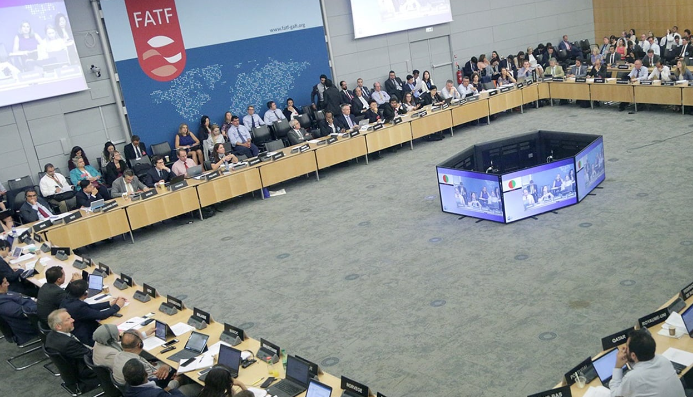FATF Finds Majority of Jurisdictions Falling Short on VASP Sector Anti-Money Laundering Recommendations

In a recent update by the Financial Action Task Force (FATF), concerning findings have surfaced regarding the global compliance status with anti-money laundering recommendations in the virtual assets sector. According to FATF’s latest report, a significant 75% of jurisdictions surveyed are reported to be either partially compliant or non-compliant with these crucial standards. This revelation underscores the ongoing challenges in regulating the burgeoning virtual asset service provider (VASP) industry, where nuanced regulations are crucial in combating illicit financial activities.
Among the 160 jurisdictions surveyed, FATF highlights that 60% (88 jurisdictions) have opted to permit VASPs, while 14% (20 jurisdictions) explicitly prohibit their operations. This diverse regulatory landscape complicates efforts to establish uniform standards across borders, contributing to varying degrees of compliance and enforcement effectiveness globally.
FATF further emphasizes growing concerns over the misuse of stablecoins and anonymity-enhancing cryptocurrencies by terrorist organizations and rogue states. These digital currencies, designed to enhance privacy and facilitate global transactions, pose significant challenges to law enforcement agencies and regulatory bodies striving to maintain financial integrity.
The task force’s findings signal a pressing need for enhanced regulatory frameworks tailored towards the unique risks posed by virtual assets. The ever-evolving nature of the crypto sphere demands meticulous oversight and swift adaptation of regulatory measures to keep pace with technological advancements and emerging threats.
Efforts to unlock the secrets of compliance in the VASP sector must prioritize robust regulatory frameworks that not only deter illicit activities but also foster innovation and legitimate use cases. Jurisdictions lagging in compliance are urged to bolster their regulatory environments, ensuring that they align with FATF recommendations to mitigate risks effectively.
In conclusion, while progress has been made in integrating virtual assets into the global financial system, the journey towards comprehensive compliance remains daunting. As stakeholders navigate the complexities of regulating this rapidly evolving realm, collaboration between international bodies, governments, and industry players will be pivotal in safeguarding financial systems against abuse.
